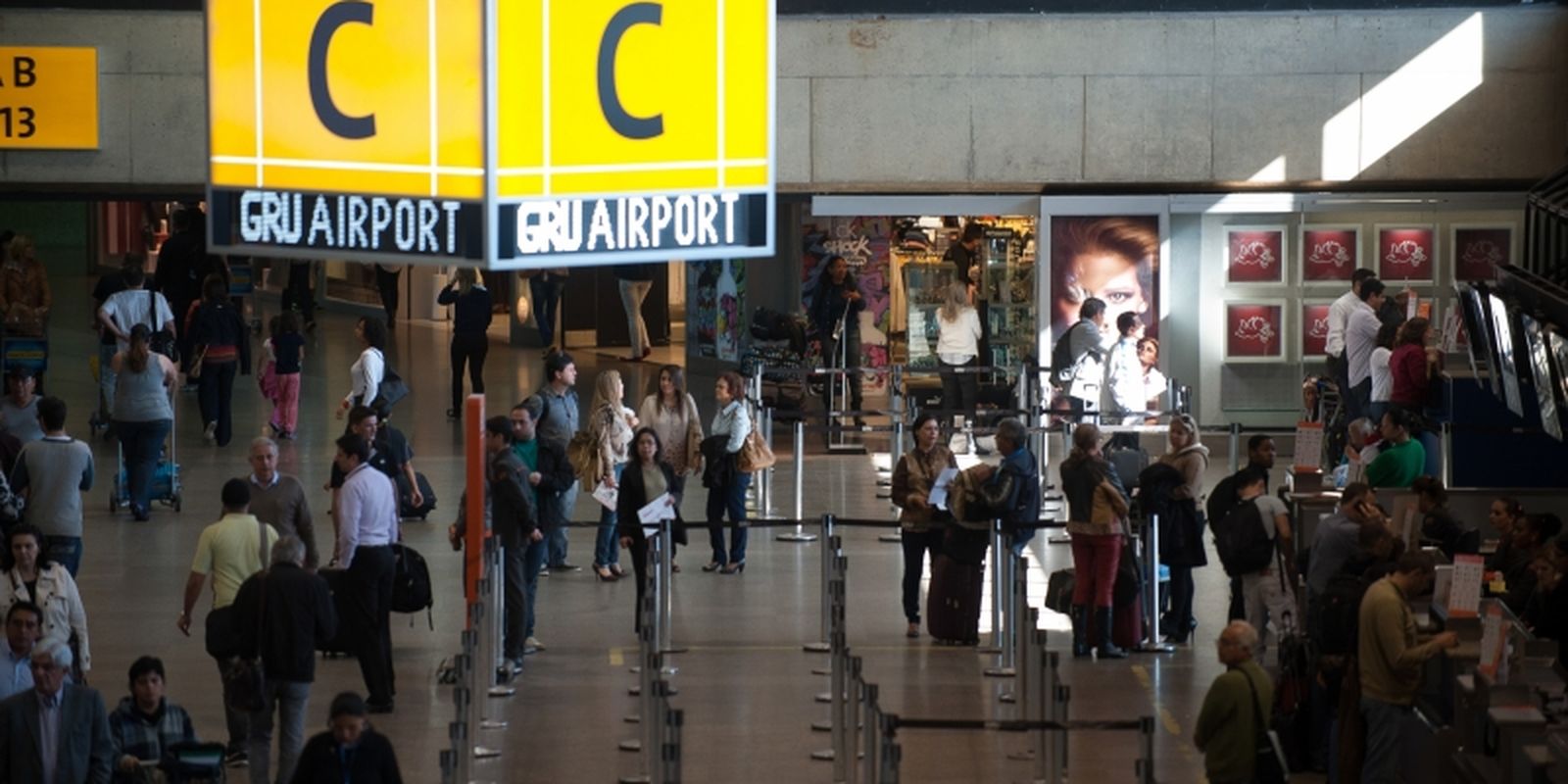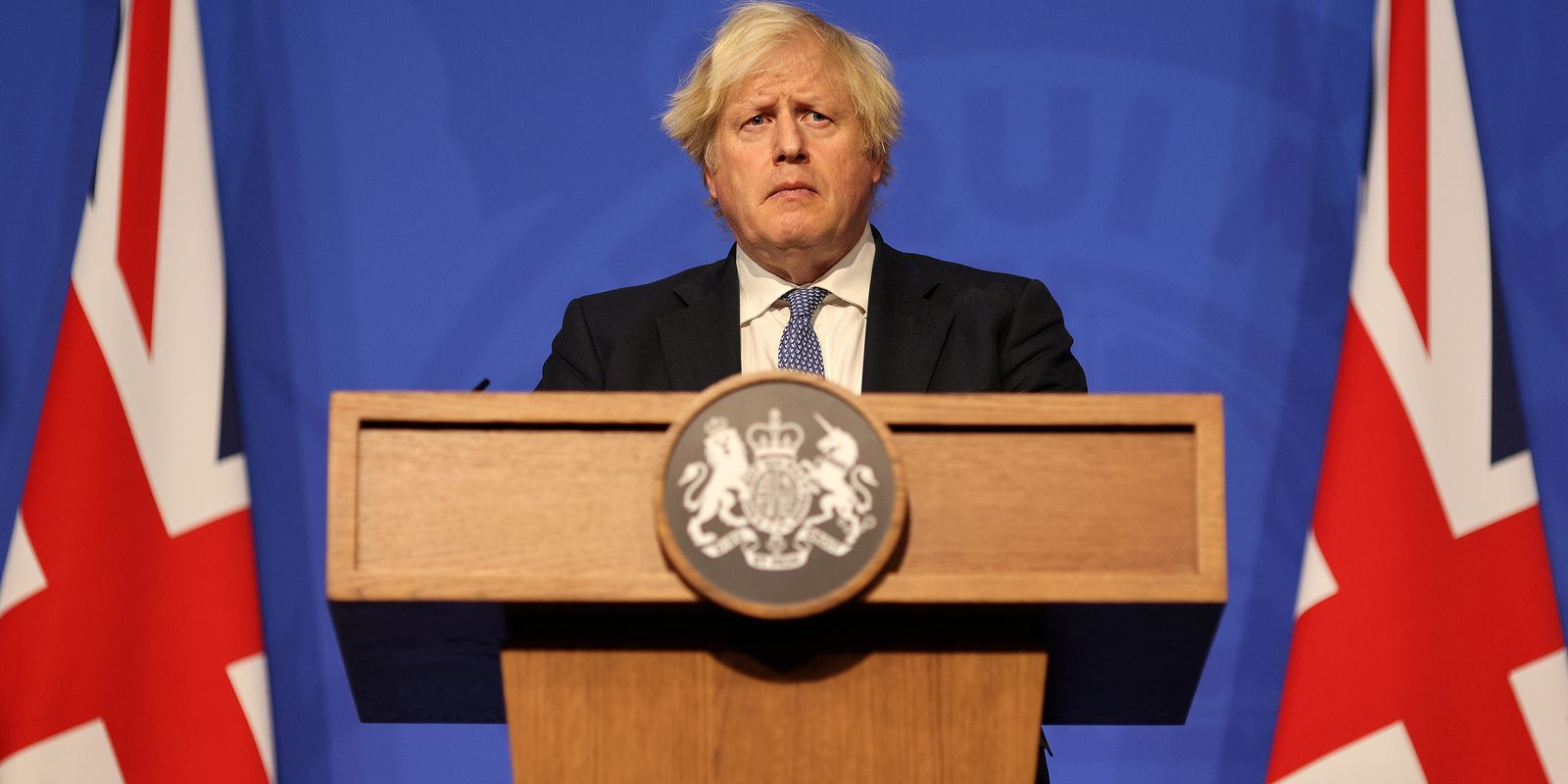The President of the Republic, Marcelo Rebelo de Sousa, ratified the commercial agreement between the European Union and Canada (CETA), signed in October 2016 and approved by the Portuguese Parliament in September.
“Although raising specific doubts, consistency with a fundamental line of Portuguese foreign policy explains that after a long reflection, the President of the Republic signed the ratification of the Comprehensive Economic and Trade Agreement between Canada, one part, and the European Union and its Member States”, reads a message published today on the website of the Presidency of the Portuguese Republic.
The Portuguese parliament approved on September 20 this year the trade agreement signed between the European Union (EU) and Canada, signed on October 30, 2016, which entered into force provisionally on September 21.
The CETA Treaty is the first EU economic agreement after the Lisbon Treaty to include a chapter entirely dedicated to investments, to reduce customs costs for a large number of products and to standardize the rules to promote trade and modify deepen the trade relationship between Canada and the EU. .
According to data from the European Commission, with regard to agri-food products, CETA between the EU and Canada provides for a 90.9% reduction in Canadian customs duties, which will facilitate wine exports (which in 2015 reached 54 million euros) and cheese (1.6 million euros in 2015).
Exports of Portuguese non-agrifood goods to Canada – which reached 358 million euros in 2015 – will now benefit from the elimination of 99% of customs duties.
The circulation of services between the two countries will also be facilitated with CETA.
The agreement will only enter into force definitively and completely when all EU Member States have ratified it.
The signature of the agreement was blocked by Belgium, which finally approved it after attaching a press release with its position.
The Belgian federal government spent several days trying to convince the French-speaking Walloon Region, the Brussels-Capital Region and the French-speaking Community to override their vetoes, which blocked the signature of this treaty by Belgium and, by extension, by the European Union. .
Transformed into spokespersons for the opponents of CETA, the Walloons expressed doubts about the consequences of the Treaty on their agriculture and expressed their particular concern about the possibility allowed by the Treaty that a multinational could sue a State which adopts a public policy contrary to your interests. .

“Freelance communicator. Hardcore web practitioner. Entrepreneur. Total student. Beer ninja.”







